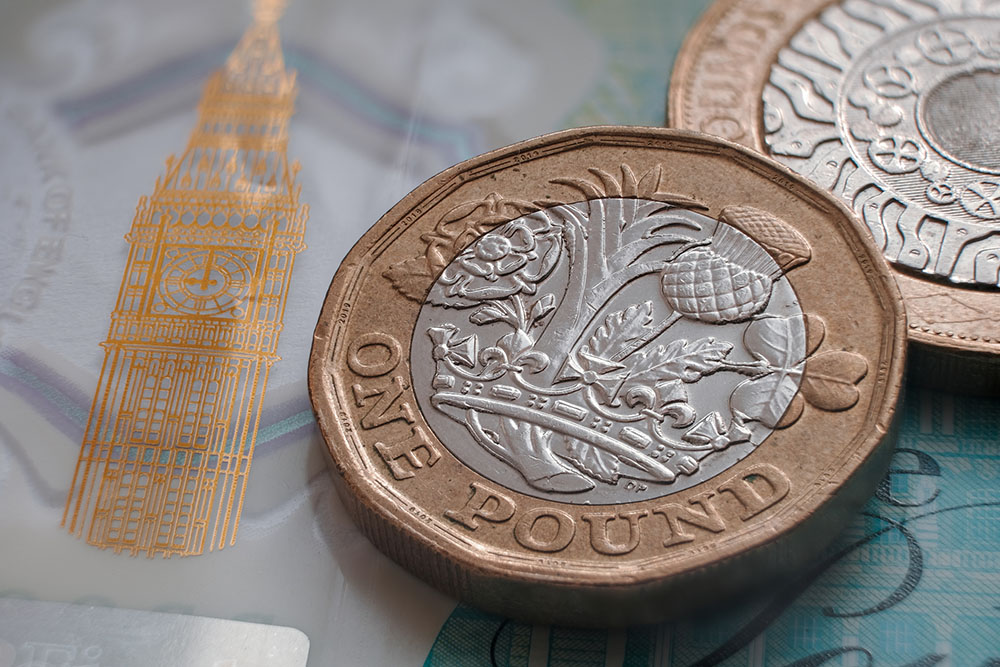Bank fees – 7 ideas to keep them down
This content is for information purposes only and should not be taken as financial advice. Every effort has been made to ensure the information is correct and up-to-date at the time of writing. For personalised and regulated advice regarding your situation, please consult an independent financial adviser here at Castlegate in Grantham, Lincolnshire or other local offices.
Banking fees can have an “invisible”, eroding effect on your wealth if not managed carefully. By having a plan to identify banking costs and keep them down, you can reduce needless costs and save money in the long run. This can benefit everyone, not just those on limited budgets. In this guide, our Grantham financial planners outline some common banking fees in 2023 and ideas to mitigate them. We hope this content is helpful. If you want to discuss your financial plan with us, please get in touch to arrange a no-obligation financial consultation, at our expense:
01476 855 585
info@casfin.co.uk
#1 Watch out for charging ATMs
It used to be commonplace for ATMs across the UK to allow free withdrawals, even for those using a non-network card. In 2023, however, free-to-use cash machines are at their lowest since 2008, according to Link, with only 39,429 in operation. Many poorer or rural areas have lower access compared to the big cities. Residents could, of course, campaign for a free ATM in their area. Yet this could take time and may not succeed. Link also offers a free online tool to help people find their nearest free ATM.
#2 Be careful with money abroad
When travelling for a holiday it can be easy to assume that you can use your normal UK bank card to make ATM withdrawals. Yet many banks will charge a foreign currency transaction fee (e.g. 2.99% of the purchase price). A €3 coffee abroad, for instance, may end up costing you nearly double. Consider having a dedicated card for international purchases. Some banks will allow free ATM withdrawals abroad and will not add fees or charges.
#3 Consider a credit union
Credit unions can sometimes offer cheaper fees and better interest rates compared to traditional banks. These are typically smaller, non-profit organisations set up by a local community to serve that community. To join, you will need a “common bond” with members (e.g. you live or work in the area). This means that availability can be limited. Also, be aware that credit unions may not offer the same range of services as a traditional bank, such as mortgages.
#4 Watch out for the Faster Payments Service and CHAPS system
In the UK, electronic payments can be made quickly (within 2 hours or on the same day) if your recipient also uses the Faster Payments Service (FPS). However, banks usually cap the daily amount that you can send using FPS – e.g. £10,000. If you need to move larger amounts at short notice, say, to buy a property, then contact your bank to ask if they can temporarily raise their FPS limit free of charge. Watch out for banks that use the CHAPS system s these might charge a fee between £15 – £50.
#5 Mind one-off item fees
Certain services or items may be charged by your bank, so consider finding their list on their website to check. For instance, you may be charged between £3 – £30 for items like stopping a cheque, requesting a bank reference or ordering duplicate statements. You could even compare different banks and shop around for the best provider if you feel strongly about needing any of these services (e.g. getting copies of paid cheques).
#6 Do not ignore bank correspondence
It can be easy to ignore smartphone messages/update notifications, emails or letters from your bank. Yet these can contact important information such as giving notice about a change to bank fees (e.g. interest rates or charges for one-off items). You will typically be notified 2 months in advance of these changes, giving you time to find another provider if you are unhappy. You can always ask your financial adviser to check any potential changes to bank terms which could affect your wealth – such as lowering how much you can overpay on your mortgage.
#7 Speak out if there is a problem
Banks do not always make the right decisions and can sometimes act against their customers’ interests. If you feel that your bank has made the wrong decision towards you, talk to the bank before resorting to a complaint. Take note of everyone you talk to, the dates of the conversation and what is said. In some cases, you may be charged legitimately, in line with the bank’s rules, but you still feel that you should not be punished as a loyal customer. This may require making a formal complaint. This should be put in writing with a clear mark of “complaint” on the letter, with supporting evidence and customer information. The MoneyHelper website has a useful template that you can use for this. As a last resort, you could talk to the Financial Ombudsman Service if the matter cannot be resolved without a mediator.
Conclusion & invitation
If you are interested in discussing your own financial plan or investment strategy with us, please get in touch to arrange a no-commitment financial consultation at our expense:
01476 855 585
info@casfin.co.uk












